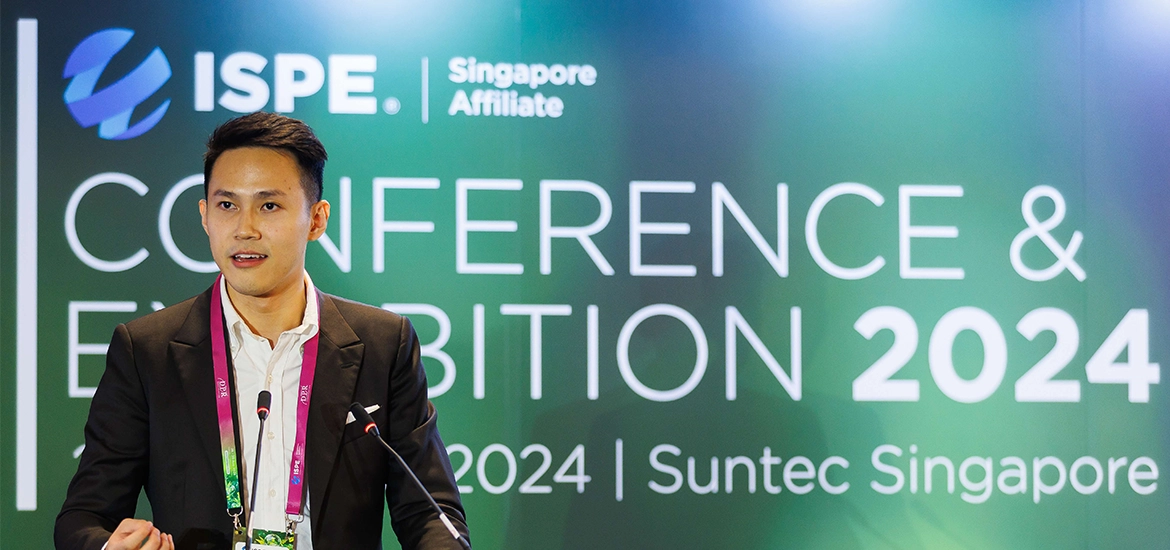Hong Shao Kai is the APAC lead for manufacturing Software-as-a-Service (SaaS) provider Tulip Interfaces, which was spun out of the MIT Media Lab. The company opened a Singapore office in 2024 to chart its expansion into APAC. Its other offices are in US, Germany, and Hungary.
1) Tell us more about Tulip Interfaces and what you do there.
Tulip Interfaces helps manufacturers modernise and improve their operations by putting powerful, easy-to-use technology directly in the hands of frontline teams. Our cloud-based, AI-enabled platform allows people on the shop floor to track production in real-time, connect data across systems, and gain a clear, holistic view of operations. This allows them to solve problems faster, work more efficiently, and continuously improve processes.
I first joined Tulip Interfaces when the company started to build its presence here more than a year ago. It was like working in a startup within a startup as I focused on setting up our capabilities for pre- and post-sales. Now that these areas have matured, I am moving to build up our support and customer success functions in APAC. We manage our operations across the region from Singapore, which involves overseas travel to client sites, pitching, running workshops, and implementing solutions for them.







